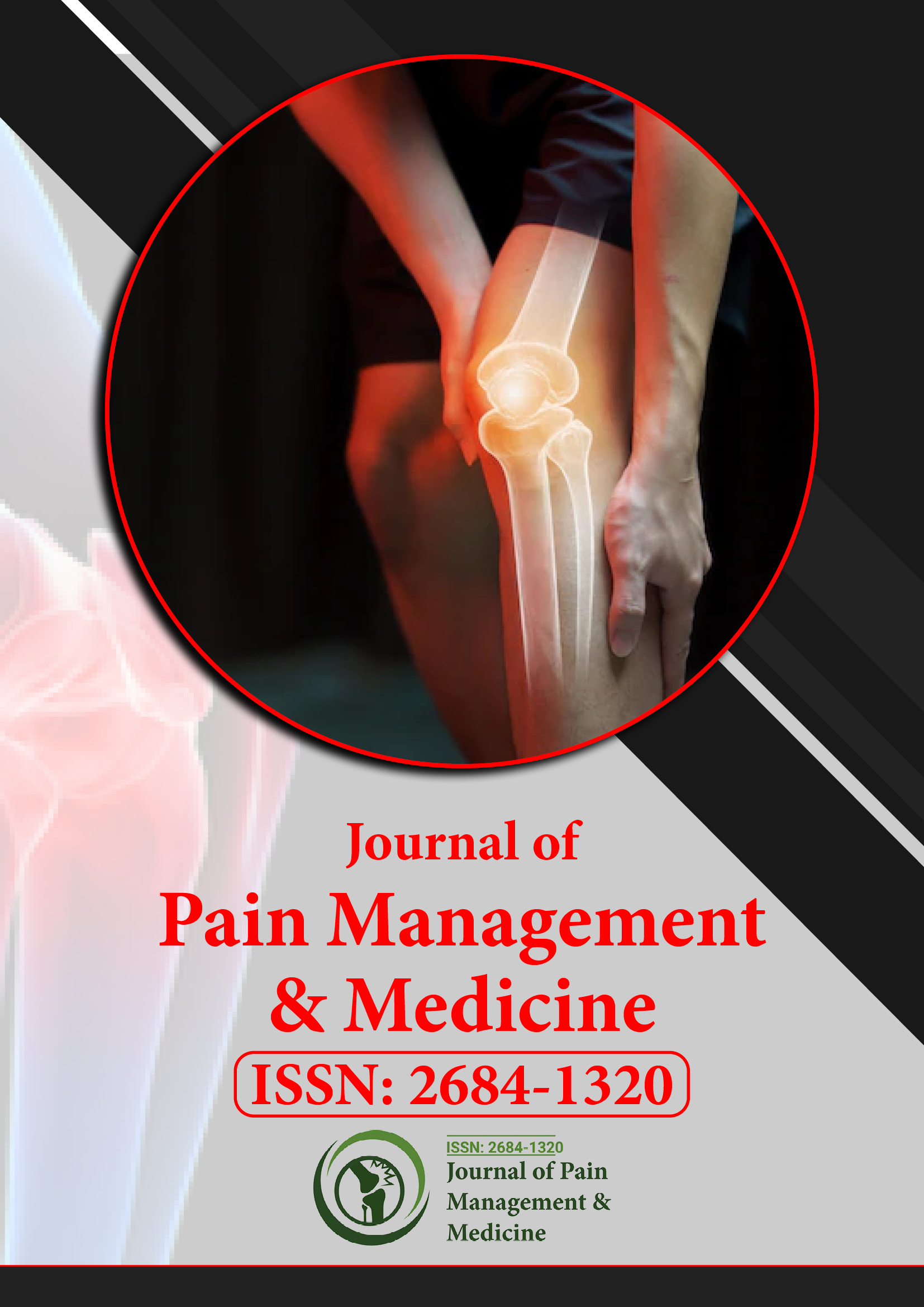Indexado em
- RefSeek
- Universidade de Hamdard
- EBSCO AZ
- publons
- Euro Pub
- Google Scholar
- Mercado de Acesso Aberto de Qualidade
Links Úteis
Compartilhe esta página
Folheto de jornal

Periódicos de Acesso Aberto
- Agro e Aquicultura
- Alimentos e Nutrição
- Bioinformática e Biologia de Sistemas
- Bioquímica
- Ciência de materiais
- Ciencias ambientais
- Ciências Clínicas
- Ciências Farmacêuticas
- Ciências gerais
- Ciências Médicas
- Cuidados de enfermagem e saúde
- Engenharia
- Genética e Biologia Molecular
- Gestão de negócios
- Imunologia e Microbiologia
- Neurociência e Psicologia
- Química
Abstrato
A análise dos resultados da analgesia epidural no parto em mulheres primigestas: uma revisão sistemática e meta-análise com foco na duração do parto
Aweda AP, Rutahoile WM, Jackson PM, Liao B e Zhou X
Enquadramento: A anestesia epidural é amplamente utilizada em todo o mundo para o alívio da dor no trabalho de parto e, mais recentemente, como forma alternativa e preferencial de anestesia para cesarianas; embora a sua utilização esteja a ganhar universalidade, o seu resultado sobre a duração do trabalho de parto é ainda discutível. A nossa meta-análise teve como objetivo analisar os efeitos da analgesia epidural na duração do trabalho de parto em mulheres primigestas com foco na duração do trabalho de parto.
Métodos: Realizamos uma pesquisa bibliográfica sistemática na PubMed e Embase (desde o início até julho de 2016). Calculámos as diferenças médias ponderadas (DMP) entre os grupos para dados contínuos e os correspondentes intervalos de confiança (IC) de 95% utilizando o modelo de efeitos aleatórios. Também realizámos uma análise de subgrupo para os efeitos de diferentes tipos de estudos na duração do trabalho de parto. A heterogeneidade estatística entre os estudos incluídos foi testada pelo indicador I2.
Resultados: Doze estudos, recrutando 16.200 mães no total, foram selecionados para esta revisão sistemática e meta-análise. A duração da primeira fase do trabalho de parto foi significativamente prolongada no grupo epidural por uma média de 2,66 (0,89, 4,43, p<0,00001) e encurtou significativamente a segunda fase do trabalho de parto por uma média de -12,79 (-21,13, -4,45, p <0,00001). Além disso, as análises globais dos subgrupos mostraram um prolongamento significativo da primeira fase do trabalho de parto pela mesma média de 2,66 (0,89, 4,43, p<0,00001).
Conclusão: A utilização de analgesia epidural para alívio da dor durante o trabalho de parto está associada ao prolongamento da primeira fase do trabalho de parto e não prolonga a segunda fase do trabalho de parto.